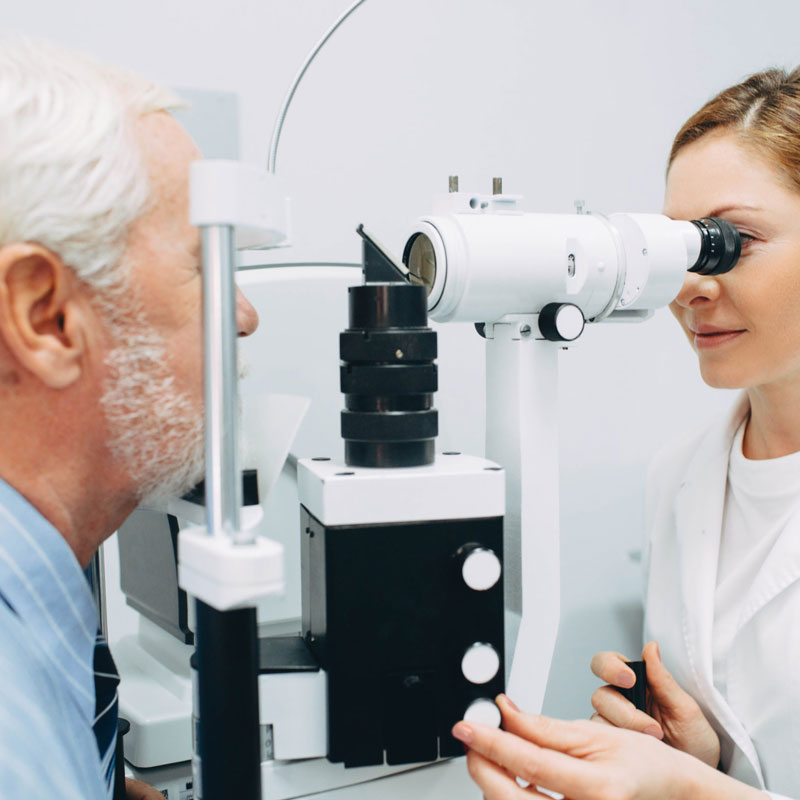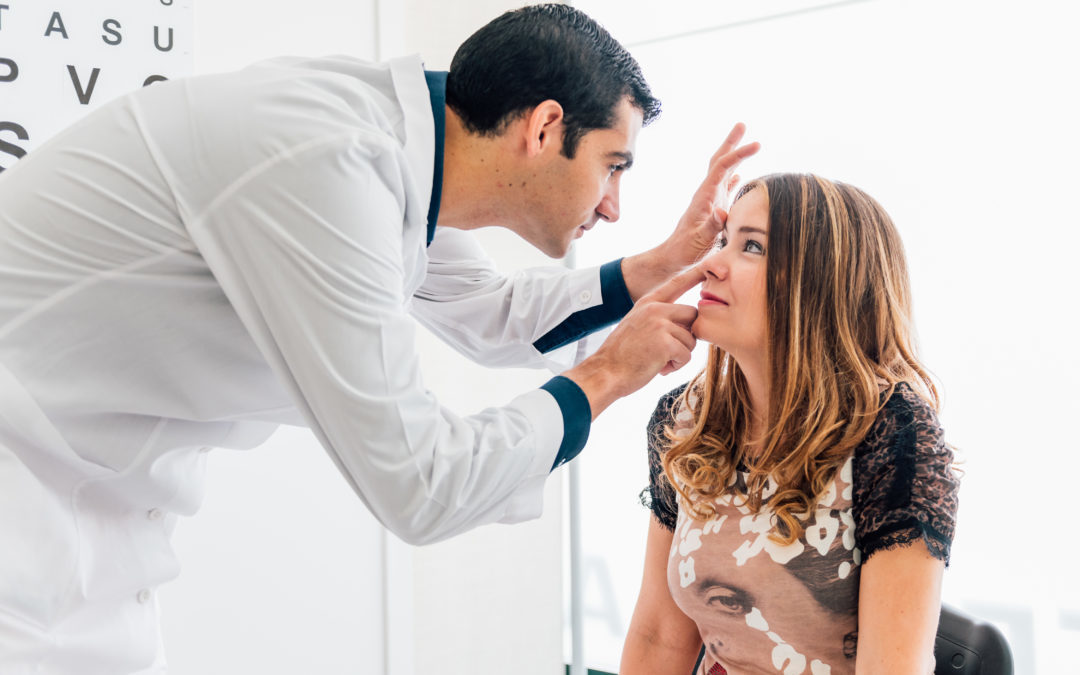Does Type of Diabetes Increase Risk of Diabetic Eye Disease?
To preserve clear, healthy sight, it’s important to understand the contributing factors of diabetic eye disease. Read below to learn how your specific case may increase your risk.
Does Type of Diabetes Affect Risk?
People with diabetes are at risk for diabetic eye disease, regardless of type. That said, it’s essential to understand your specific condition, as this helps with management. Regular eye exams are also vital to track changes over time, especially if you are prediabetic or considered high-risk.
- Type 1 diabetes usually develops early in life, often during childhood, making early diagnosis crucial.
- Type 2 diabetes develops later in life. While genetics can play a role, it is also linked to poor dietary habits and obesity.
- Gestational diabetes, which occurs during pregnancy, is less common but may require more frequent eye exams. It often resolves after pregnancy, but it can be a warning sign of future diabetes.

Do Any Aspects of Diabetes Affect Risk?
Your risk for diabetic eye disease increases the longer you have diabetes. Studies show that about half of all people with diabetes will develop diabetic retinopathy over time. Risk also depends on how well your diabetes is controlled — irregular blood sugar levels increase the chance of unhealthy blood vessels forming.
Whether caused by a lack of physical activity, skipped medication, or other factors, irregular blood sugar or insulin levels raise your risk. While you can’t prevent diabetic eye disease entirely, you can take proactive steps to minimize its impact on your vision health.
How You Can Decrease Your Odds
Managing your diabetes is key. Maintaining healthy blood sugar levels with a balanced diet, regular exercise, and the proper use of insulin or other diabetic medications is essential. Uncontrolled high blood pressure or cholesterol can also increase your risk of developing diabetic eye disease.
Even if your vision seems normal, it’s essential to schedule a comprehensive eye exam at least once a year. Symptoms may not always be present, but an exam can reveal early signs of disease. At Buffalo Ophthalmology, our team takes the time to understand your eye health and medical history to provide treatment tailored to your needs.


How Buffalo Ophthalmology Can Help
To diagnose diabetic eye disease as early as possible, our doctors begin with a dilated eye exam to gain a full understanding of your vision health. If an issue is detected, we offer a wide range of treatment options to protect your eyesight, including coordinating with your primary care physician on blood sugar management plans.
Once disease activity begins affecting vision, we may employ anti-VEGF injections, steroid medications, or laser photocoagulation treatment. Our team can also treat cataracts and secondary glaucoma. Whether your case is subtle or severe, we are here to help.
Get a jumpstart on your eye health with a comprehensive eye exam at Buffalo Ophthalmology. Our experienced team provides not only the care you need but the care you deserve.
Request Appointment
"*" indicates required fields

